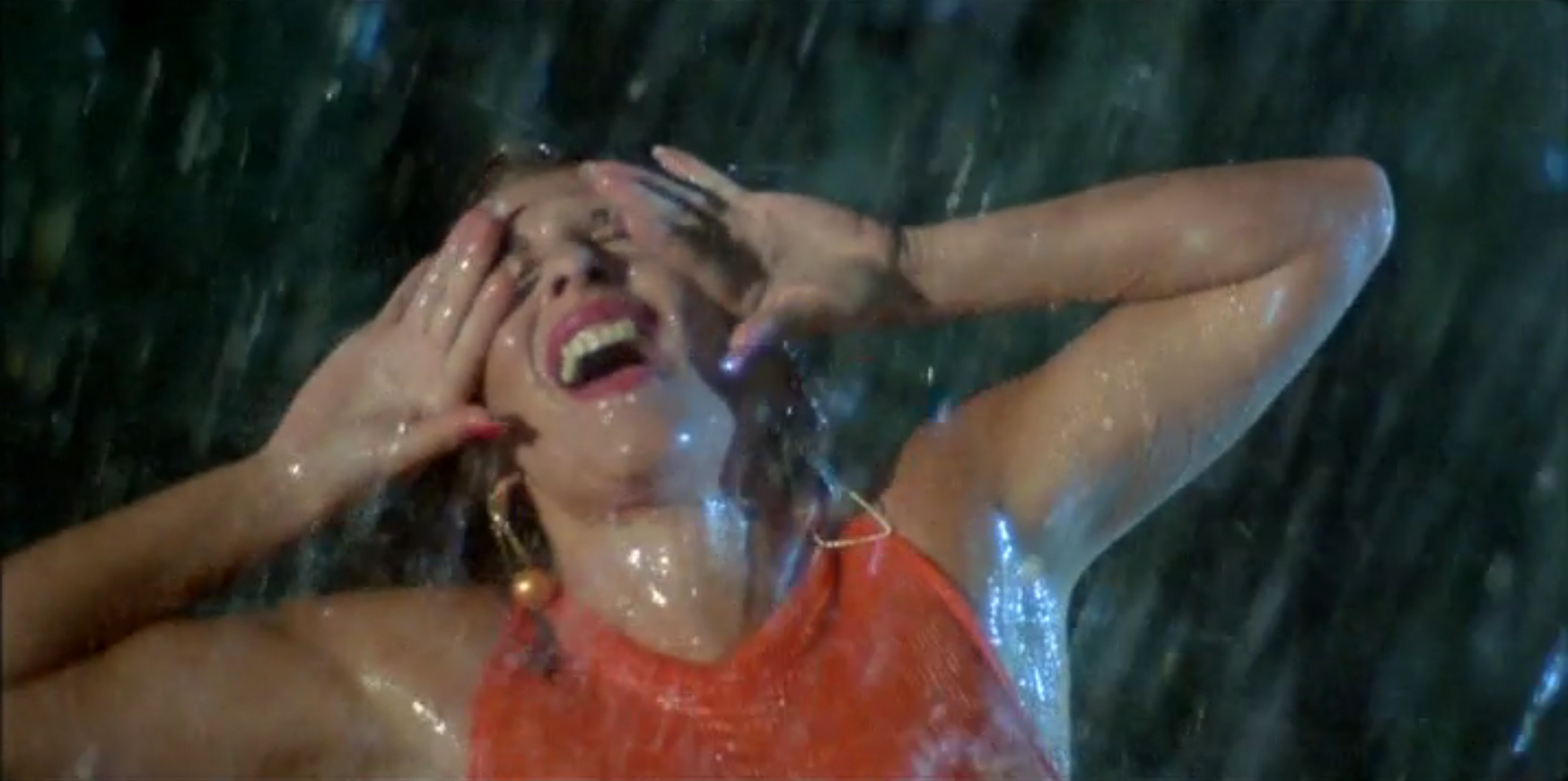
Writer-director Pedro Almodóvar was able to ride the wave of art house popularity starting in the 80s when theaters were more likely to program subtitled films. He came to prominence in no small part because of his star, Carmen Maura who first gained the attention of U.S. audiences in ‘Law of Desire,’ Almodóvar’s 1987 film, as Tina, the transsexual actress who is the sister of the main character, the gay director Pablo (Eusebio Poncela).

TV families are generally presented as aspirational. They usually live an upper middle class livestyle and frequently live comfortably on a single salary, have college degrees and wealthy backgrounds.
Usually when characters work menial labor or minimum wage jobs, they are presented as being in a transitory period. This is the stage before the character gets their life together, when the artist waits for a big break or where a youth supplements their allowance with their earnings. It’s rare that this work is presented as the character’s real life, how it will likely always be.
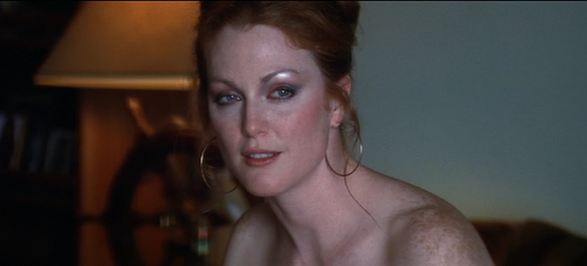
The vision of Eddie/Dirk’s home life at the beginning of the film shows us that no family is without its failures, and that true family and community bolsters individuals while forgiving and healing these flaws. The film is progressive in its inclusivity (of male, female, and queer characters), and specifically in its treatment of Amber as she constructs her own version of motherhood and family, for better or worse.
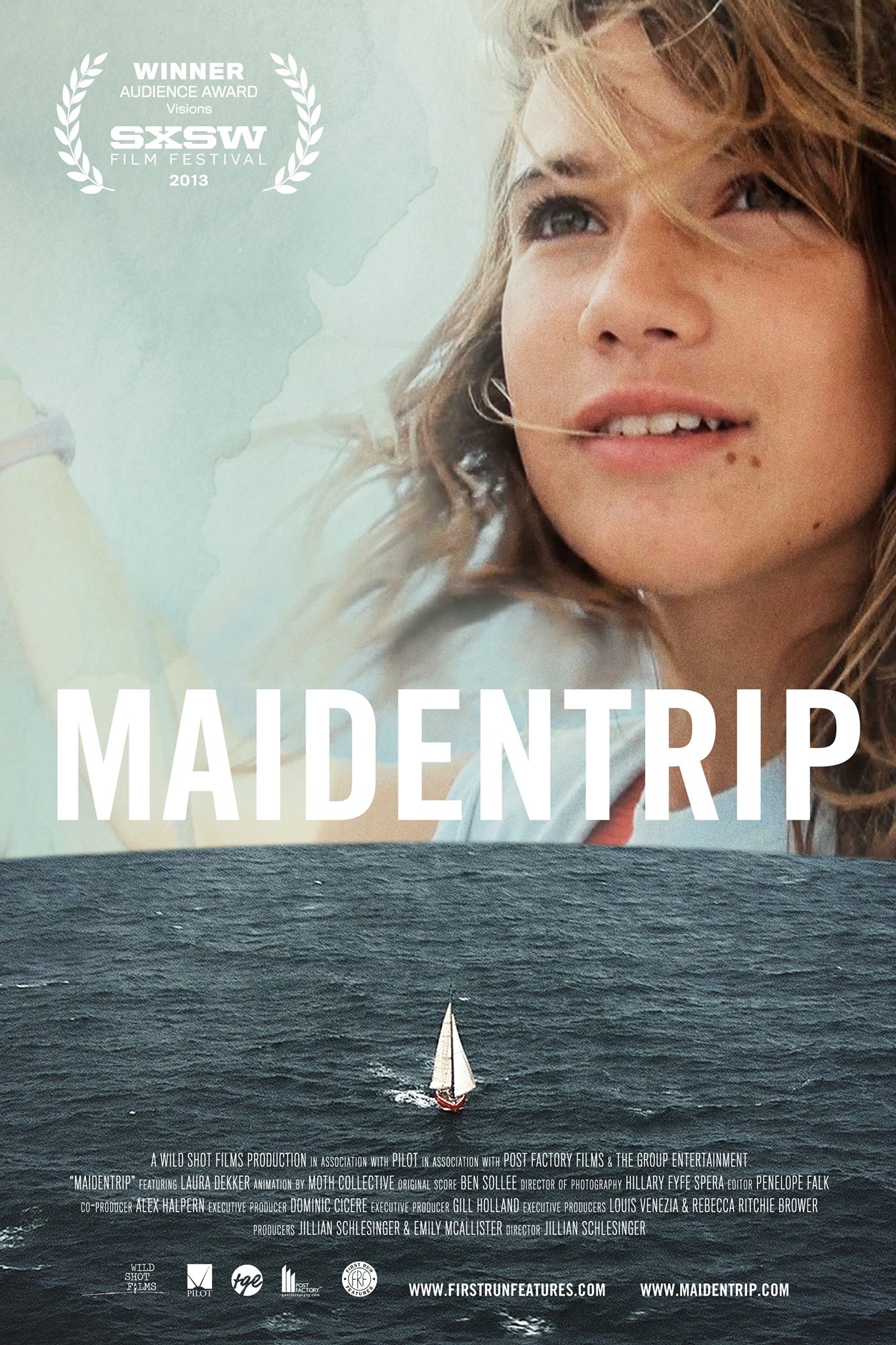
On Aug. 21, 2010, 14-year-old Laura Dekker sailed out of Den Osse, Netherlands for a two-year circumnavigation of the world, alone. By the time she finished her journey, on Jan. 21, 2012, at the age of only 16, Dekker would be the youngest person to ever sail solo around the world. Documentary ‘Maidentrip’ chronicles Laura’s voyage. It’s an emotional coming-of-age story, set as a love letter to the ocean and the transformative experience of encountering a larger world.

The Hunger Games, saturated as it is with political meaning (the author admits her inspiration for the trilogy came from flipping channels between reality TV and war footage), is a welcome change from another recent popular YA series, Twilight. As a further bonus, it has disproven the claim that series with female protagonists can’t have massive cross-gender appeal. With the unstoppable Katniss Everdeen at the helm (played in the films by the jaw-droppingly talented Jennifer Lawrence), perhaps the series will be the start of a new trend: politically themed narratives with rebellious female protagonists who have their sights set on revolution more than love, on cultural change more than the latest sparkling hottie.
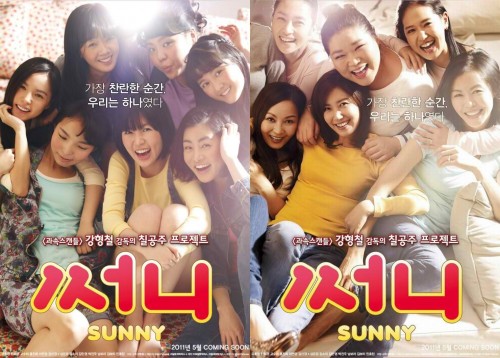
… Kang seems to be a strong advocate for feminism in film. Though South Korea cinema (and the country as a whole) clearly needs far more women in off-screen positions of power, Sunny seems like a small but hopeful step towards equality, and may well inspire girls in today’s high school cliques to one day demand those positions.
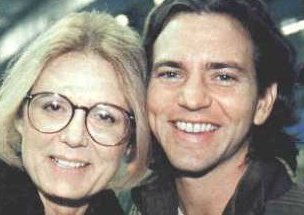
Vedder has spent his career fighting for a modern world that accepts and promotes women–he’s fought for reproductive rights, spoken out against sexual assault, and worked for worldwide safe pregnancy/childbirth.
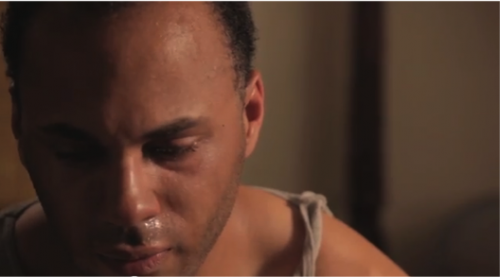
When I was asked, “Who are you as a female filmmaker?” I immediately made a mental note. I’m a black, female filmmaker. I was reminded of the following quote from Gloria Anzaldúa: “A woman-of-color who writes poetry or paints or dances or makes movies knows that there is no escape from race or gender when she is writing or painting. She can’t take off her color or sex and leave them at the door of her study or studio. Nor can she leave behind her history. Art is about identity, among other things, and her creativity is political.”

Studio Ghibli This is guest post by Eugenia Andino previously appeared at her Web site (in Spanish) and is cross-posted with permission. The female protagonists in Studio Ghibli films have often been analysed as examples of feminist work; ranging from young women (like Nausicaa or Princess Mononoke) to little girls like Ponyo. The most popular … Continue reading “Older Women Week: Kind Grandmothers and Powerful Witches in Studio Ghibli Films”

Stephanie Rogers Co-Founder and Managing Editor Stephanie grew up in Middletown, Ohio, one of America’s top ten fastest dying towns, according to Forbes Magazine. In 2003, she received a Bachelor of Arts in English and a Bachelor of Arts in Women’s Studies from The Ohio State University, where she also won the Citino Undergraduate Poetry … Continue reading “Staff”
Screening of Like the Water in Rockland, Maine This is a guest post by Emily Best. I am lying on the floor of a small bedroom in an East Village mansion in New York City. It’s the holding room of a site-specific production of Hedda Gabler in which I am playing Thea, and Caitlin FitzGerald … Continue reading “Unconventional Women”
Writer Pearl Cleage and Filmmaker Ayoka Chenzira This guest post by Yvonna Russell previously appeared at The Huffington Post and is cross-posted with permission. New York Times bestselling author (What Looks like Crazy on an Ordinary Day, Some Things I Never Thought I’d Do) and playwright (Blues for an Alabama Sky, Flyin West) Pearl Cleage … Continue reading “Our Stories: ‘Babylon Sisters’”








